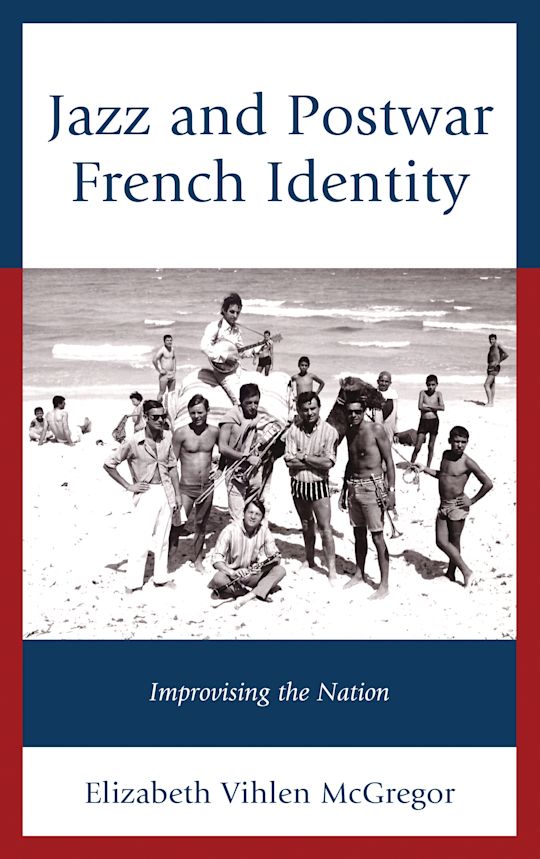Jazz and Postwar French Identity
Improvising the Nation
Jazz and Postwar French Identity
Improvising the Nation
This product is usually dispatched within 1 week
- Delivery and returns info
-
Free CA delivery on orders $40 or over
Description
In the context of a shifting domestic and international status quo that was evolving in the decades following World War II, French audiences used jazz as a means of negotiating a wide range of issues that were pressing to them and to their fellow citizens. Despite the fact that jazz was fundamentally linked to the multicultural through its origins in the hands of African-American musicians, happenings within the French jazz public reflected much about France’s postwar society. In the minds of many, jazz was connected to youth culture, but instead of challenging traditional gender expectations, the music tended to reinforce long-held stereotypes. French critics, musicians, and fans contended with the reality of American superpower strength and often strove to elevate their own country’s stature in relation to the United States by finding fault with American consumer society and foreign policy aims. Jazz audiences used this music to condemn American racism and to support the American civil rights movement, expressing strong reservations about the American way of life. French musicians lobbied to create professional opportunities for themselves, and some went so far as to create a union that endorsed preferential treatment for French nationals.
As France became more ethnically and religiously diverse due immigration from Africa, Asia, and the Caribbean, French jazz critics and fans noted the insidious appearance of racism in their own country and had to contend with how their own citizens would address the changing demographics of the nation, even if they continued to insist that racism was more prevalent in the United States. As independence movements brought an end to the French empire, jazz enthusiasts from both former colonies and France had to reenvision their relationship to jazz and to the music’s international audiences. In these postwar decades, the French were working to preserve a distinct national identity in the face of weakened global authority, most forcefully represented by decolonization and American hegemony. Through this originally African American music, French listeners, commentators, and musicians participated in a process that both challenged and reinforced ideas about their own culture and nation.
Table of Contents
Chapter One: Le Monde du jazz
Chapter Two: The Gendered Jazz Public
Chapter Three: The Question and Politics of Race
Chapter Four: More than an American Music
Chapter Five: Red, White, and Blue Notes: French Jazz
Chapter Six: And What of Empire?
Conclusion: Improvising the Nation
Product details
| Published | Jun 23 2016 |
|---|---|
| Format | Hardback |
| Edition | 1st |
| Extent | 290 |
| ISBN | 9781498528764 |
| Imprint | Lexington Books |
| Dimensions | 238 x 157 mm |
| Publisher | Bloomsbury Publishing |
Reviews

ONLINE RESOURCES
Bloomsbury Collections
This book is available on Bloomsbury Collections where your library has access.


































